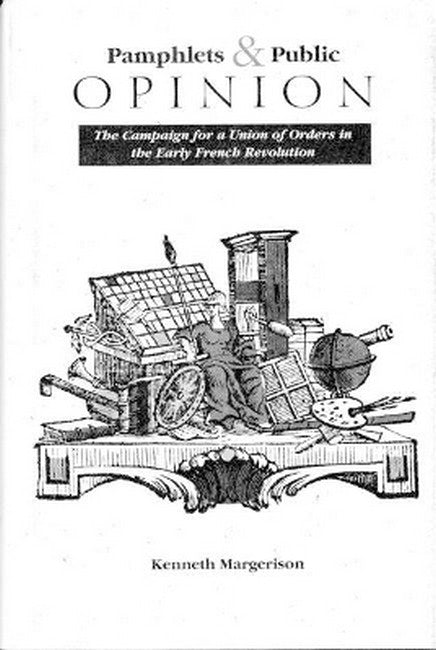Public opinion, according to the eighteenth-centuryunderstanding, was the product of rational, informed discourse and was thefinal and impartial arbiter of public policy. In the months leading up to theFrench Revolution, both the royal government and its opposition relied uponpamphleteers to sway public opinion, and the number of published pamphlets reached truly astounding proportions in late1788 and early 1789 when debate intensified on the proper method of organizingthe newly recalled Estates General. Kenneth Margerison examines this pamphlet literature - whichsurprisingly has only begun to be systematically analyzed - in an effort todetermine the ideological bases upon which pamphleteers tried to influencepublic opinion and, ultimately, the political structure of France. He reachesthe unexpected conclusion that a relatively conservative political program heldwide appeal for public opinion and provided a foundation that enabled itsadherents to wield influence in the National Assembly during the summer of1789. This close reading of the pre-revolutionary pamphlets leadsto a new understanding of the political dynamics in the months preceding theconvocation of the Estates General and sheds new light on the debates in the assemblyduring the summer. An understanding of the politics of public opinionnecessitates a substantial alteration of the traditional narrative of thecreation of the National Assembly and the foundation of constitutionalgovernment.

